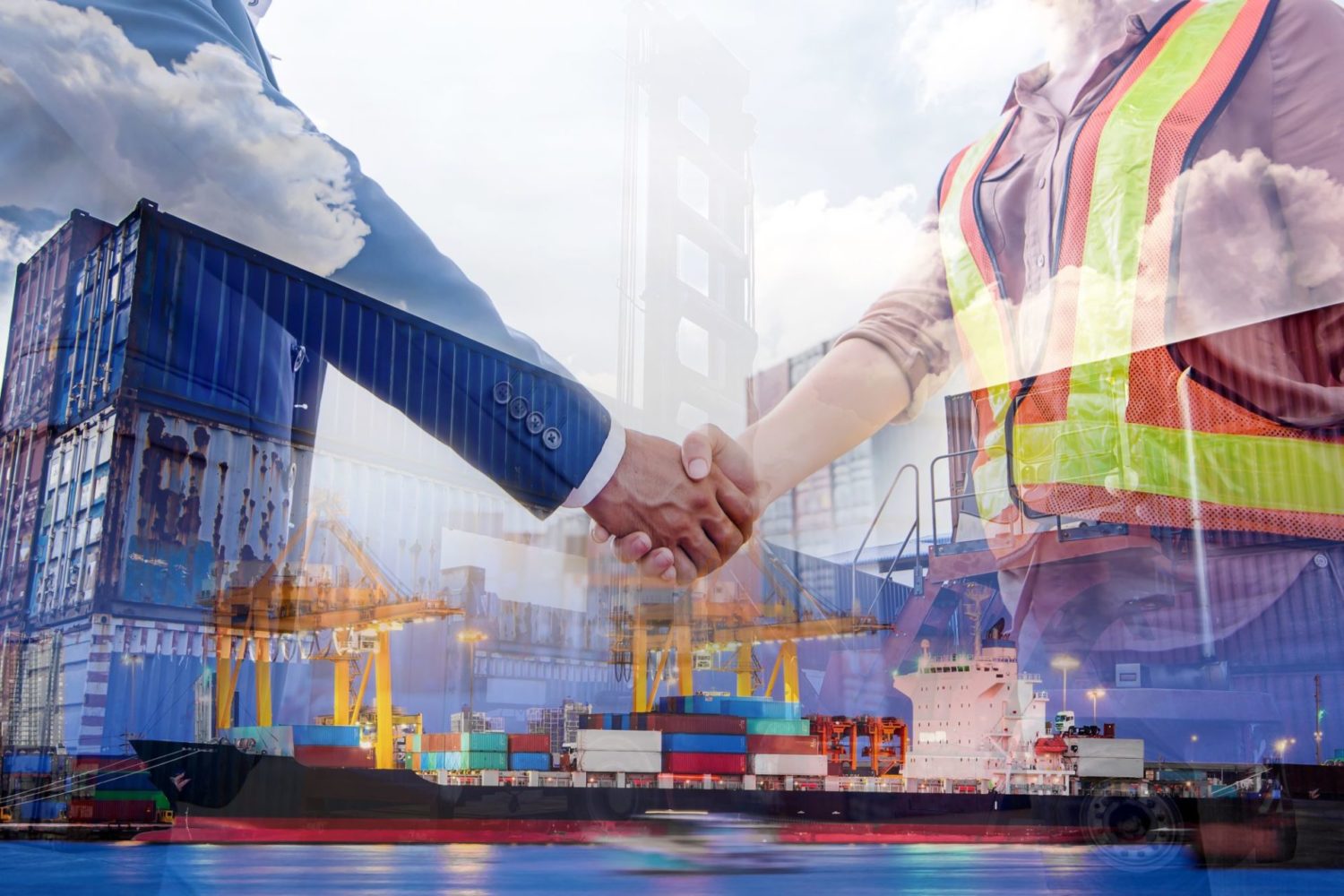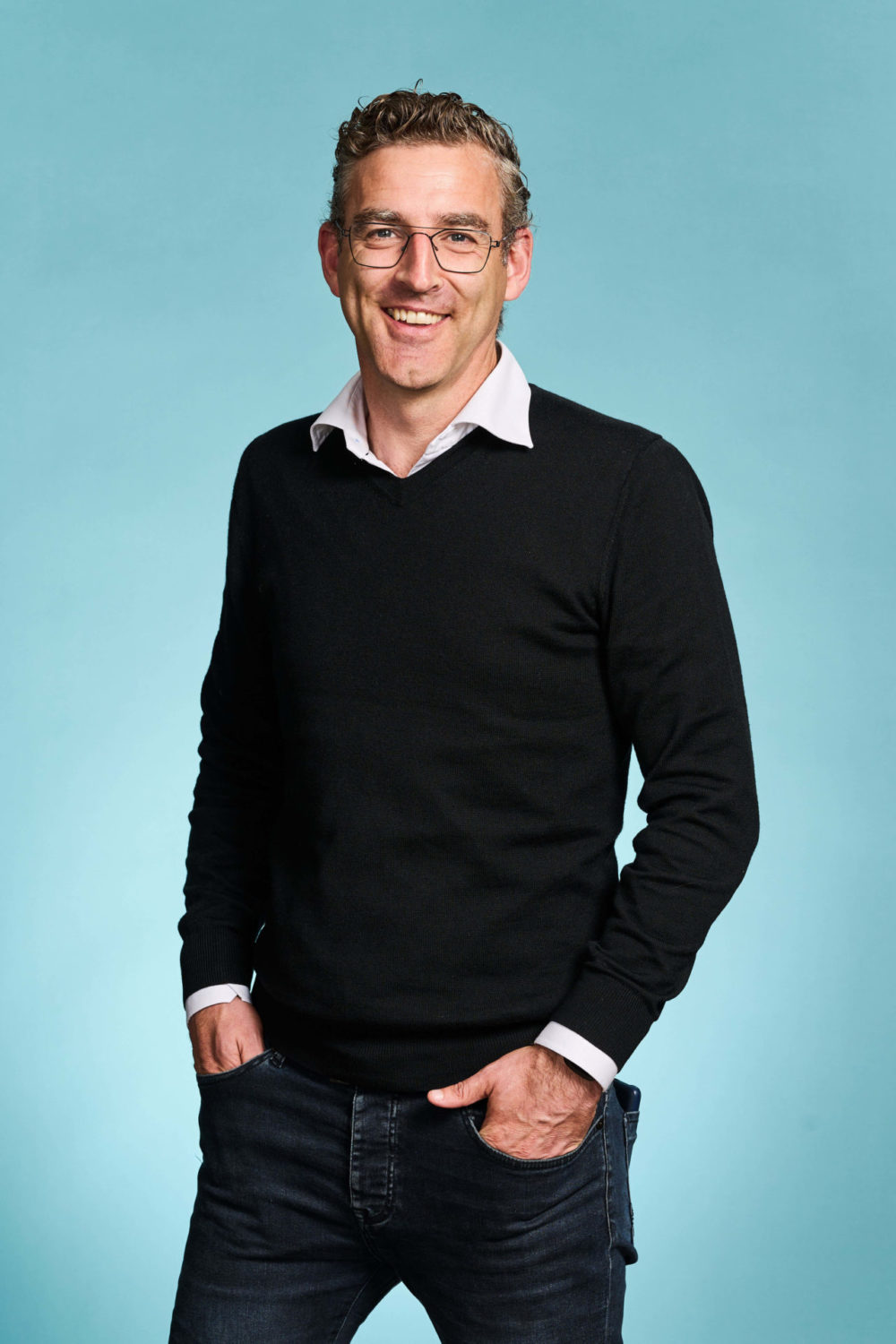

Reshoring, onshoring, inshoring, backshoring. All those terms mean the same thing: bringing production back to the home country. After the opposite - offshoring - came to a head in the 1990s, the trend seems to be the opposite in recent years.
Under pressure from rising labor costs, rising transportation costs, speed and greater emphasis on flexibility, reshoring can be a good idea. Especially for companies that are thinking about their production footprint, nearshoring is in vogue: producing close to the market in a smart way. There is no general advice to give. What seems like a very good idea for one company may turn out to be much less good for another. It is - as always in business - seeing opportunities and weighing risks.
Of course, the corona crisis affects all companies manufacturing in the Far East. So does Prolution, which has PCBAs, injection molds, cables and wire harnesses, batteries and battery packs made in Chinese and Taiwanese factories. Yet there is not a hair on director Herald Meijer's head that thinks of bringing production to the Netherlands. Eastern Europe is close enough.
Spreading risk, staying flexible and keeping costs under control. Those are the three main reasons for managing director Herald Meijer to keep most of his production abroad. 'What we do is move more from China and Taiwan to Eastern Europe, where we already produce a lot. That has everything to do with the transport costs rising out of the sky.'
Any entrepreneur doing business with the Far East in recent years has noticed: the cost of container shipping by sea has gone up seven times or so. On top of that, labor costs are also rising in that part of the world and it can sometimes be difficult to find a good, reliable production partner.
Prolution does not suffer from the latter. 'We have excellent partners who really deliver quality. For some components/products we stay in China. For example, we are quite big in specialized batteries and battery packs. Those continue to be made there to our design. But we do a lot more. PCBAs (printed circuit boards), wire harnesses, metal frames, enclosures, in any volume, size, color or material. Much of that increasingly comes from Eastern Europe.'
But why not go a little further home? 'We are not waiting for our own factory. It would always have to be filled and that would mean that we would also have to produce for third parties. We prefer to keep doing what we are good at, which is what we want to focus on. And that goes better if we have several production options, so that we can always run when it suits us best.' So Prolution sees more in a series of factories that make for them what they need. Eastern Europe is close enough. Labor costs there are still a lot lower than in the Netherlands.
Transport costs remain within limits, even if the logistics are somewhat cumbersome at first glance. Components arrive in Hoogeveen - from all over the world - and go on weekly transport to Eastern Europe, where they are processed into the products that then come back to Hoogeveen and are sent to customers within Europe.
Yet for Prolution, that is the best way. 'Quality is essential. That is what we always want to keep the wheel on, and we succeed in this way. We first carefully check the components that go to Eastern Europe, and we do an extensive quality check on the products that come back before they go to the customer. This is the best system for us.'
You have 'before corona' and 'after corona'. That caesura applies to quite a few companies, especially those that depend on the events sector, such as Sixty82 in Drachten. The crisis is an immediate reason for the company to take a big step: bringing production back to the Netherlands.
The builder of aluminum structures for stages has long been considering how best to set up production. OEM suppliers in Eastern Europe have their quirks. An earlier adventure in Romania did not prove blissful either. 'We want to be good, fast and efficient. Then producing 'at home' is the logical option,' says CTO and co-owner of Sixty82 Marc Hendriks.
A detailed plan is ready for a new production line so that bulk products can also be made in the Netherlands. Small series and specials are already being produced in Drachten. Lower transport costs, greater flexibility and speed, better quality control. Why doesn't the company always make its trusses and stage systems in the Netherlands, you might ask. 'Simple. Poland has factories that are equipped for dedicated production. Personnel are more readily available, the price is lower, while the quality is excellent. That went very well for a long time, but because of the corona crisis we found that we are in a slightly different game than our Polish supplier. Let me say that things are not as well organized there as they initially seemed.'
Sixty82 faced misunderstanding because of cancelled orders. It was faced with price increases that were poorly explained, transport costs meanwhile rising sharply. 'The crisis was somewhat denied there at first. The way of working there is rather opportunistic. First produce, put people to work, stock up and then start calculating. That doesn't suit our way of working.'
Not that the stage builder is now completely parting ways with his Polish partner. 'We have transferred knowledge there and a lot is going really well. We are taking the coming time to slowly but surely also bring a large part of bulk production back to the Netherlands. That decision has been made. We have already invested in machinery for certain product groups.'
The goal is to eventually have a well-equipped, modern in-house factory. 'But first we are going to outsource the production of parts domestically and assemble them ourselves. That's the way to go anyway, I think. More cooperation is important, keeping room to anticipate uncertainty as well.' That's a lesson from the (hopefully soon to end) corona period. 'The uncertainty hasn't gone away yet. Prices for products and parts are skyrocketing, as are transport costs. And at the same time, there are not enough skilled workers to make our products. We are therefore putting a lot of effort into automation and robotization. That is the only way to keep production at home competitive.'
These cookies ensure that this website functions properly. We also keep anonymous website statistics with these cookies. Because these cookies are strictly necessary, you cannot reject them without affecting the functioning of the website. You can block or delete these cookies by changing your browser settings, as described in our privacy statement.
These cookies collect information used to help us understand how our website is used or how effective our marketing campaigns are. Also, these cookies help us customize this website to improve your user experience.
These cookies allow your browsing behavior to be monitored by advertising networks, allowing us to display ads based on your interests and browsing habits. These cookies also perform functions that, among other things, prevent the same advertisement from appearing continuously.